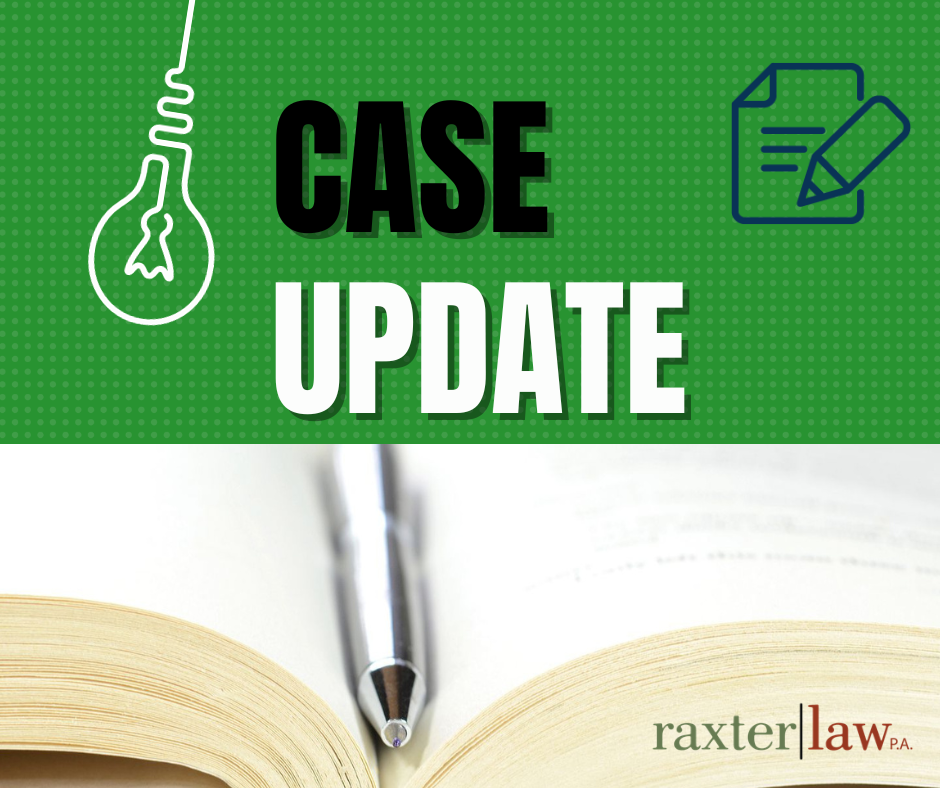Estate of Sanchez
filed Aug. 9, 2023. Publication ordered Sept. 8, 2023, Sixth District – Cite as 2023 S.O.S. 3360
The issue presented in both the motions to dismiss and the appeal itself revolves around whether Leslie, acting as the executor and personal representative of Frank’s estate, can proceed in propria persona (representing herself without an attorney) in matters related to the complaint for partition, especially when those claims could have been raised in a separate civil action. The debate centers on whether Leslie, in her capacity as a personal representative, must have legal counsel to pursue or defend claims on behalf of the estate.
The court considered relevant legal precedents and the Probate Code and concluded that Leslie’s complaint for partition and other relief is essentially a claim made against third parties for the benefit of the estate’s beneficiaries, which includes herself. Consequently, it was determined that Leslie could not prosecute these claims in propria persona. Therefore, she cannot proceed with the appeal without legal representation.
The court’s decision aligns with California law, which generally requires individuals who are not licensed attorneys to have legal counsel when representing the interests of others, especially in matters outside the probate context. While Leslie argued that her broad authority as an executor should allow her to represent the estate without an attorney, the court clarified that such authority does not override the requirement for legal representation when pursuing claims for the benefit of estate beneficiaries.
Additionally, the court noted that even within the Probate Code, there are situations where a personal representative may need legal counsel, particularly when actions are brought on behalf of the estate beneficiaries. The mere existence of the Independent Administration of Estates Act (IAEA) and other Probate Code provisions does not eliminate the need for legal counsel when representing estate beneficiaries in certain actions against third parties.
The court acknowledged Leslie’s challenges in securing legal representation within a limited timeframe but emphasized that this difficulty does not exempt her from the legal requirement. Ultimately, the court held that Leslie’s pleadings filed without legal representation must be stricken.
In summary, the court’s decision reaffirmed the general rule that non-attorney personal representatives must have legal counsel when representing the interests of estate beneficiaries, even when acting within the Probate Code framework. Leslie’s attempts to proceed in propria persona were found to be in violation of this rule, leading to the striking of her pleadings in the case.









